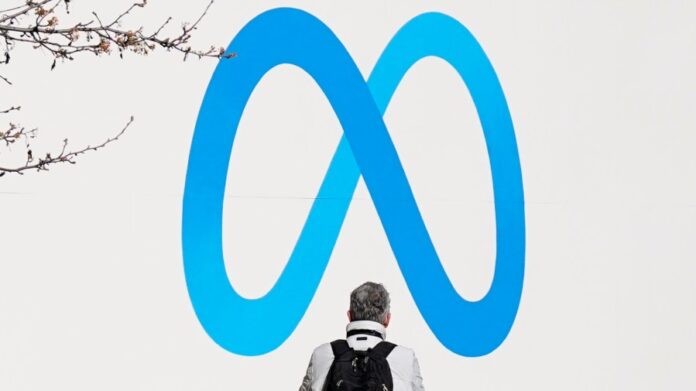
Meta extended the ban on new political ads on its platforms through Election Day, the social media giant announced Monday.
The parent company of Facebook and Instagram said the restriction on new ads about social issues, elections or politics is extended until “later this week,” but did not specify which day it will be lifted.
The original ban had previously been expected to expire at 11:59 p.m. PT on Election Day.
Political ads that ran at least once before October 29 are still permitted to run on Meta’s platforms through the restriction period, though editing of these ads will be limited, the company said.
The ad restrictions, first implemented by Meta in the 2020 election, are intended to prevent the spread of false claims and confusion, especially as Americans await official polling results. Meta said it recognized there may not be enough time in the final days of an election to verify or contest new claims made in ads.
Axios first reported the ban’s extension.
The move comes amid heightened concerns about the spread of false election claims in the lead-up and aftermath of the election.
The long-lasting falsehoods about the 2020 election, including former President Trump’s persistent claim President Biden stole the last election, has sparked fears that misinformation and disinformation could rapidly spread online and sow distrust in the official electoral process.
False content has emerged online throughout this election cycle, often in the form of AI-generated deepfakes, and social media companies face increasing pressure to curb the spread of disinformation.
ProPublica published a report last week, finding eight “deceptive advertising networks” placed more than 160,000 election and social issue ads across more than 340 Facebook pages. Meta removed some of the ads after initially approving them but did not catch some with similar or identical content, the report stated.
Forbes also reported Facebook allowed hundreds of ads baselessly claiming the election may be rigged or postponed to run on its website.
“We welcome investigation into this scam activity, which includes deceptive ads,” Meta spokesperson Ryan Daniels told The Hill. “This is a highly adversarial space. We continuously update our enforcement systems to respond to evolving scammer behavior and review and remove any ads that violate our policies.”
In the midst of increased scrutiny in recent election cycles over its handling of political misinformation, Meta has invested millions in its election fact-checking and media literacy initiatives.
Ads that discourage users from voting, question the election’s legitimacy or feature premature victory claims are also prohibited from the platform.
Meta has “grown our fact checking program to more than 100 independent partners, and taken down over 200 covert coordinated influence operations,” Daniels said. “Our integrity efforts continue to lead the industry, and with each election we incorporate the lessons we’ve learned to help stay ahead of emerging threats.”
Meanwhile, Google announced last month that it will block ads about Tuesday’s general election after the polls close. This includes U.S. election ads, along with ads that refer to U.S. elections, their processes or outcomes.
This block is a temporary measure and Google said it plans to notify advertisers when the policy is lifted.



